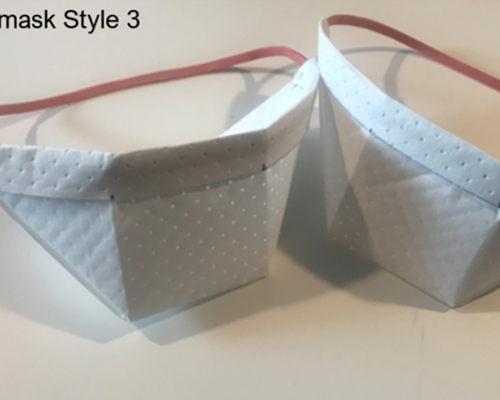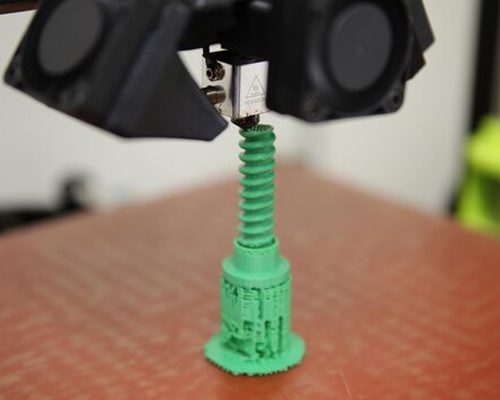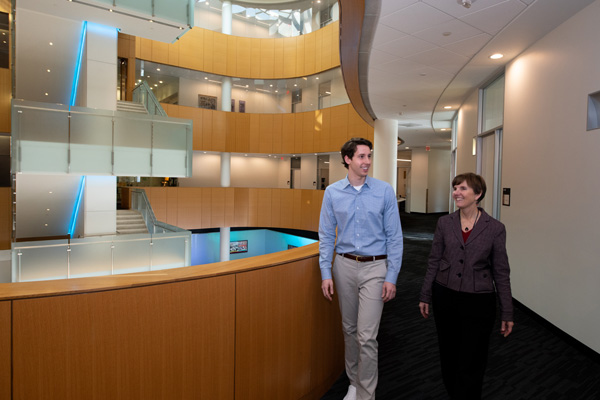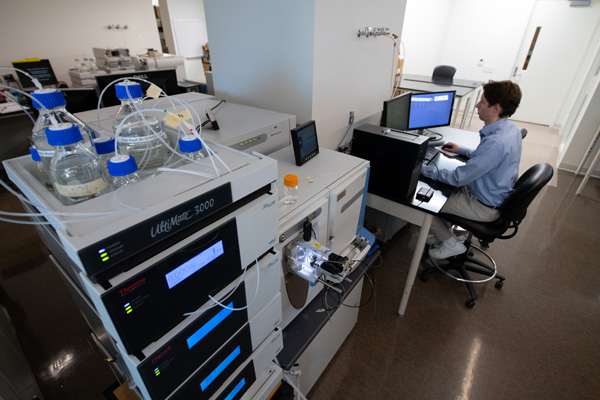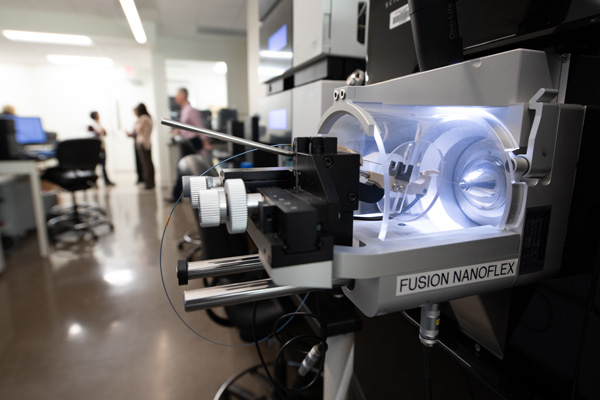Industrial hygienists need to be prepared for new and emerging health risks, employing best practices in all core competency areas.
This creates the need for new training materials and courses. When this is recognized by a company, or by the individual, we can help. Courses and tools that are central to our research, including exposure assessment, Bayesian decision analysis, exposure modeling, and control of hazards are available and can be tailored to meet specific needs. ESSI is well-positioned to offer education and training through a supportive and active learning culture. Our training ensures that practicing IH and EHS professionals have the knowledge and skills they need to succeed.
ESSI features state-of-the-art research training programs and numerous opportunities for students and trainees at all levels to acquire critical skills and experience that position them as future leaders in public health research and practice. The goal of our work is to bring change and a lasting positive effect to the health of communities. Through problem-solving and innovative thinking we lay the groundwork for a healthier environment.
The University of Minnesota and ESSI are proud advocates for novel research. They are composed of well-renowned groups of researchers/professors who driven to understand the interactions between humans and the environment to better understand its impact on human health. These are institutes that have a large support staff of faculty who are recognized experts in their own scientific fields, integrating their research interest into numerous multidisciplinary collaborative projects.
ESSI supports community-based participatory research, building bridges between researchers and community partners looking to increase their community environmental health resilience.

